
Which IT assets present the most risk?
New research from vulnerability management specialist Kenna Security seeks to quantify the comparative risk of using assets based on Microsoft, Apple, Linux, or Unix platforms, as well as network devices.
The study finds that asset mix plays a key role in determining the number of security vulnerabilities an organization has to contend with every month along with its ability to minimize cyber risk.

deepin Linux 20 Beta ready for download
Some unfortunate people are so obsessed with COVID-19 coming from China that they forget all the positive things that come from the country, such as almost everything we buy in the USA. Yes, folks, many of the great products we enjoy daily, such as clothing and electronics, come from China, and it is important to remember that. Look, we are all humans, and borders are man-made -- there is no room for xenophobia in the world.
Most importantly, our friends in China have brought us one of the best desktop Linux distributions on the planet -- the Debian-based deepin. The Chinese developers have been teasing the upcoming deepin 20, and the DDE (deepin desktop environment) looks absolutely amazing. Today, I am excited to say we can all begin testing the operating system, as deepin 20 Beta is finally here!
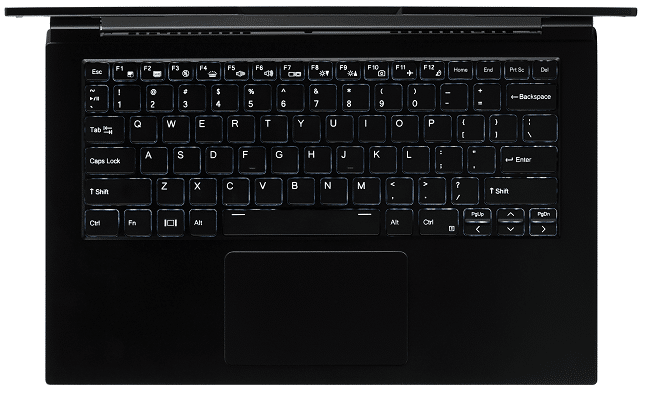
You can finally buy the System76 Lemur Pro -- and if you love Linux you totally should!
Last month, we told you that System76 was bringing back the iconic Lemur Pro laptop. The company's Lemur laptops are legendary for being sensible, durable, and well balanced. In other words, the computer is a consistent workhorse that is ideal for everyday use and beyond. You can have either Ubuntu or System76's own Ubuntu-based Pop!_OS pre-installed. Best of all, it is reasonably priced too, allowing anyone to own one of the company's computers. Look, If you love Linux, it makes sense to support the community by purchasing a System76 machine.
Sadly, System76 only told us that the Lemur Pro laptop would be available in April. We had no idea of a specific date, leaving many would-be buyers chomping at the bit for more concrete availability information. I am happy to say, we now know exactly when you can but it -- today, as in right now! Yes, you may immediately trade your money for the System76 Lemur Pro.
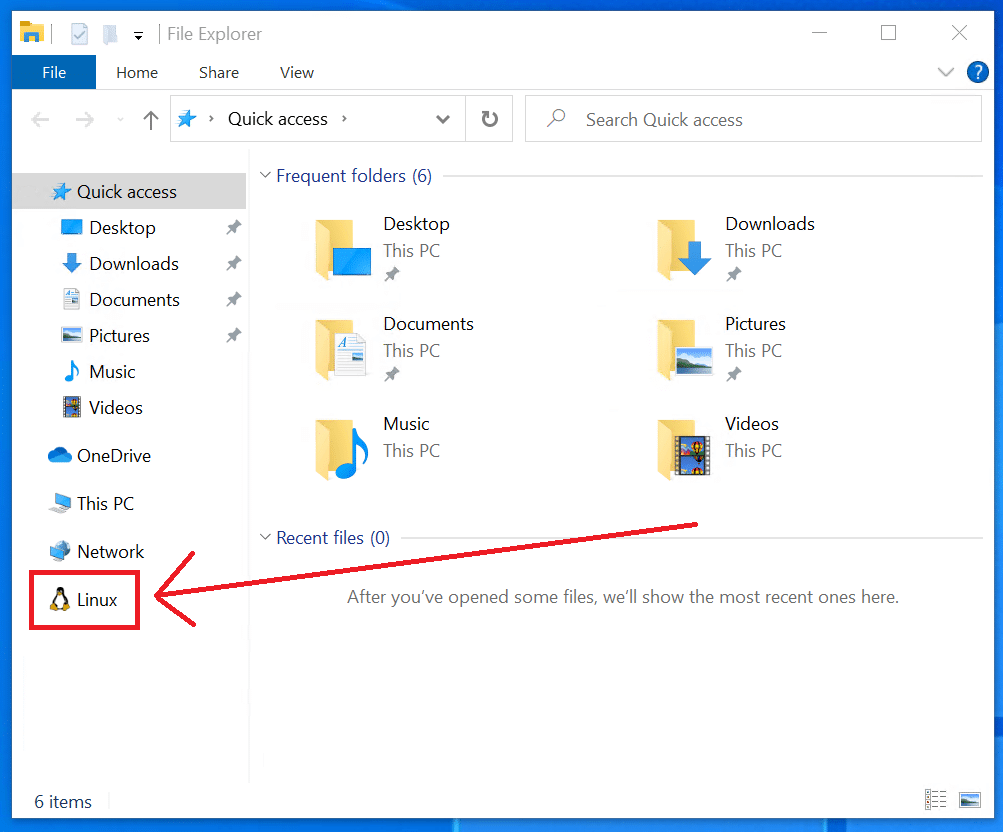
Microsoft releases Windows 10 Build 19603, integrates Windows Subsystem for Linux (WSL) with File Explorer
It’s been two weeks since Microsoft last rolled out a new Windows 10 Insider build to users on the Fast ring.
Today that drought ends though as Built 19603 arrives, bringing with it some new features, including a welcome addition for Linux lovers, and storage management improvements.

Microsoft announces IPE, a Linux Security Module that adds new code integrity features to the kernel
Microsoft's embracing of Linux continues, and the company's latest project sees it trying to improve the security and integrity of systems. The Windows-maker has launched a Linux Security Module (LSM) called Integrity Policy Enforcement (IPE).
The kernel add-on gives administrators the option of configuring policies that can enforce integrity requirements across an entire system. It is possible to create a list of binaries that are permitted to run, and specify attributes that need to be checked before execution is allowed.

Chinese APTs have been targeting Linux servers for almost a decade
Five related Advanced Persistent Threat (APT) groups operating in the interest of the Chinese government have systematically targeted Linux servers, Windows systems and mobile devices running Android while remaining undetected for nearly a decade.
A new report from BlackBerry looks at how these threats have been part of pervasive economic espionage operations targeting intellectual property.

Ubuntu Linux 20.04 LTS 'Focal Fossa' Beta now available for download
Today is Friday, meaning later this afternoon, we will officially be starting the weekend! Woo-hoo! Unfortunately, due to COVID-19, many of us will be spending our weekend downtime indoors once again. Sigh. The weekend is far less exciting when you've been self-quarantining for weeks due to a pandemic.
Thankfully, we can all still have plenty of fun while indoors thanks to the internet. Not only can we stream video and music, but we can play online video games too. If you are a computer nerd, however, I have a much better suggestion -- install the Ubuntu Beta! That's right, Linux fans, Ubuntu 20.04 LTS "Focal Fossa" Beta is now available for download. This doesn't just include the "vanilla" GNOME version either, but other variants like Kubuntu and Xubuntu as well.
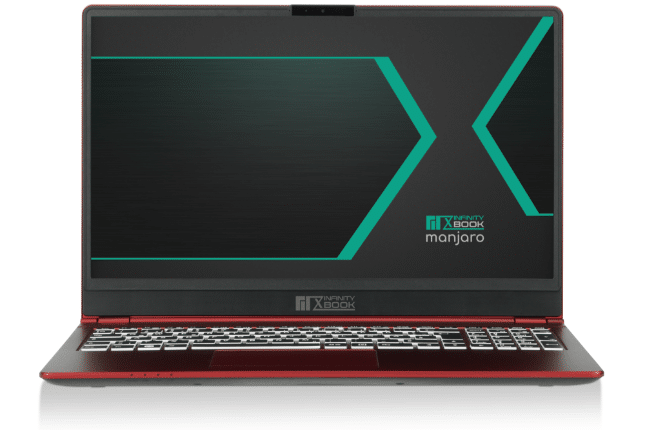
Manjaro Linux and TUXEDO Computers launch custom InfinityBook laptop
TUXEDO Computers is a pretty cool company that not only sells machines running Linux, but partners with Linux distribution developers for officially licensed branded laptops too. For instance, Tuxedo partnered with Kubuntu on the official Focus laptop. It's a great way for Linux users to represent their favorite Linux-based operating system while also financially supporting the developers.
Today, Manjaro Linux and TUXEDO Computers launch the InfinityBook Manjaro laptop. This is Tuxedo's 15.6-inch InfinityBook, customized with Manjaro branding and that Linux-based operating system pre-installed.

Ubuntu Linux publisher Canonical launches Managed Apps for enterprise DevOps teams
Ubuntu creator Canonical is launching a new Managed Apps platform, allowing enterprises to have their apps deployed and operated by Canonical as a fully managed service.
At launch the service will cover ten widely used cloud-native database and LMA (logging, monitoring and alerting) apps on multi-cloud Kubernetes but also on virtual machines across bare-metal, public and private cloud.

Bodhi Linux 5.1.0 now available
There are many Linux distributions nowadays. Some are unique, but many are largely repetitive and probably don't need to exist. One Linux-based operating system that manages to stand out is Bodhi, thanks to its use of the Moksha desktop environment.
If you aren't familiar with Bodhi, please know it is a lightweight operating system that is based on the great Ubuntu. Today, Bodhi 5.1.0 becomes available. This new version is significant, as it is the first release since development leadership was changed last year.
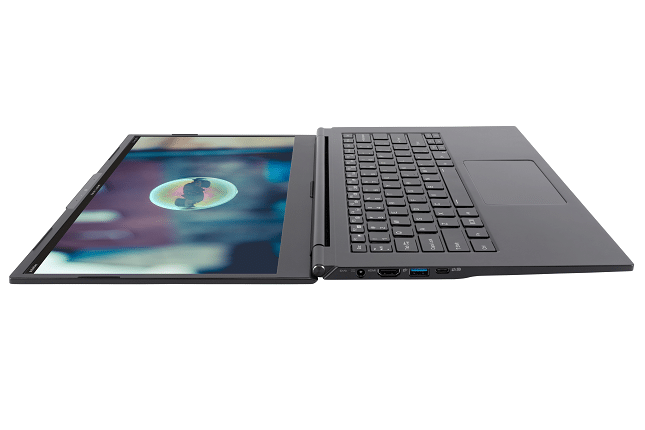
System76 Lemur Pro is an Ubuntu Linux workhorse laptop
System76 sells a lot of different types of computers, including desktops, laptops, and servers -- all come pre-loaded with either Ubuntu or the Ubuntu-based Pop!_OS Linux distributions. While the company's hand-crafted Thelio desktops are probably its most exciting machines, the majority of consumers are probably better served by a laptop. Let's be honest, while hardcore power users and gamers will certainly want a desktop, notebooks are more functional for the average computer user, as it allows them to easily work in different locations.
With all of that said, System76 has several laptop models, ranging from under $1,000 for, say, the fairly basic "Galago Pro," to well over $2,000 for the high-end "Adder WS" portable workstation. In other words, there are many models to meet the needs of many -- including both budget and power perspectives.

Linux Mint Debian Edition (LMDE) 4 'Debbie' is here, but you don't want it
Linux Mint Debian Edition (LMDE) 4 "Debbie" has finally exited Beta and is ready for download. Exciting stuff, right? I suppose. The thing is, you probably don't want it.
Don't get me wrong, LMDE isn't really a bad operating system, but it isn't intended for widespread use. Most people should use "regular" Linux Mint, which is based on Ubuntu. This Debian variant is really just a backup distribution (a contingency plan) in case Canonical ever stops developing Ubuntu -- something that hopefully won't happen anytime soon. With all of that said, some people do run LMDE as their daily operating system for some reason.
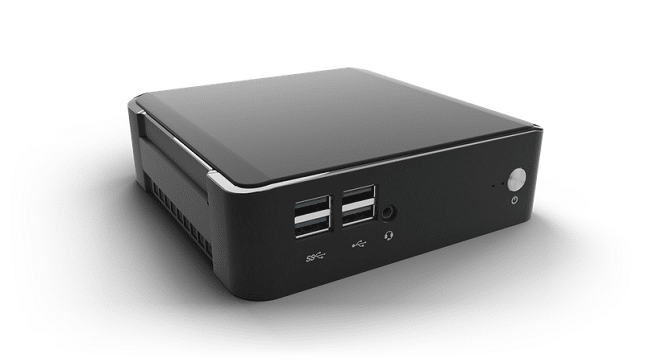
Purism Librem Mini is a tiny Linux desktop
Desktops have largely fallen out of favor with home consumers, as they instead opt for laptops. Really, it isn't hard to see why this is -- a desktop PC often takes up a lot of room in a home, as it usually requires its own dedicated desk. Not to mention, you then have to add a keyboard, mouse, and monitor. You are then tethered to one place, unable to realistically work outdoors or at a coffee shop.
And yet, despite all the benefits a notebook has over a desktop, many people -- including yours truly -- prefers them. If you like the idea of a desktop, but prefer one that is very small (and won't take up a lot of space), there are plenty of options such as Intel NUC and Apple Mac mini. Today, we get another diminutive desktop option, but this one is designed for Linux and privacy. Yes, Purism is finally launching a tiny desktop, and it will come pre-installed with the Debian-based PureOS. Called "Librem Mini," the cute bugger has 4 USB-A ports on the front, along with a 3.5mm audio jack, and the power button. On the rear, there are two more USB-A ports, a single USB-C port, Ethernet, HDMI, DisplayPort, and the power port.

Fedora 32 Beta Linux-based operating system now available with GNOME 3.36
Fedora is one of the best Linux distributions on the planet, but it doesn't always get its due. It isn't flashy or new, instead hanging its hat (pun intended) on being stable and reliable. That is why many Linux users try other distributions, only to find themselves back at home with Fedora. Fans of the GNOME in particular flock to Fedora, as the operating system is one of the best ways to experience that desktop environment.
Today, Fedora 32 Beta becomes available for testing, and it is very exciting. It comes with GNOME 3.36 -- the lastest and greatest version of the desktop environment, You can read more about GNOME 3.36 here. If you aren't a fan of GNOME, that is OK -- you can instead opt for KDE Plasma, Cinnamon, MATE, and more. There is even a special ARM variant of Fedora 32 that will work with Raspberry Pi devices.
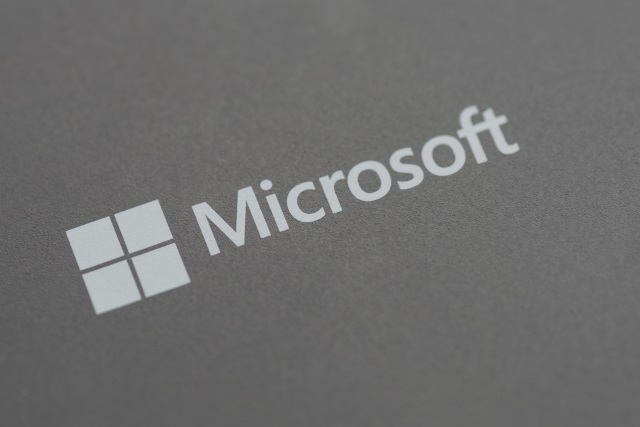
Microsoft says Windows Subsystem for Linux kernel updates will be delivered via Windows Update
Microsoft has announced that not only is Windows Subsystem for Linux -- or WSL 2 as it's also known -- soon going to be generally available in Windows 10 version 2004, but also that the Linux kernel will be updated though Windows Update.
The new approach comes as Microsoft removes the Linux kernel from the Windows OS image. The change in update delivery will enable Microsoft to push out updates faster than before, and eliminates the need to user interaction.
